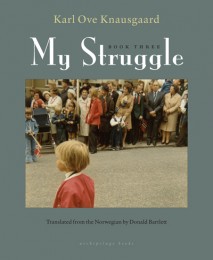The Ethics of Taking Free Stuff

My synagogue, like many others, participates in a program that provides free Jewish-themed books to Jewish children. Recently I got an email about it.
Reading to your child at bedtime is one of the great joys of parenthood, and getting read to is one of the highlights of childhood. You can add high quality Jewish-themed books to your child’s library for FREE.
[Program] is a remarkable, easy-to-access program that will deepen your child’s Jewish identity and provide some very pleasurable bedtimes. Synagogue is a sponsoring congregation of [Program], and I encourage you to sign up. It is open to families with children from 6 months to 8 years old. Your child will be mailed a new book each month. At young ages the books are board books, then fantastic storybooks and finally at the oldest levels chapter books
This made me feel … complicated. Every element is fine on its own (synagogues, emails, family values) or better than fine (free stuff! books!). Put them together, though, and it becomes a bit squicky.
The families I know who belong to the synagogue are generally middle class. That doesn’t mean there aren’t other families; despite what some people might think, there are plenty of poor / working class Jews. But overall my shul is a pretty posh community in a pretty posh neighborhood of a pretty posh borough. And these emails are going out to the population at large, not merely the folks in need.
It’s not the best use of philanthropic funds to give people like me free books. Is it an acceptable use? Given that the Jewish community is pretty reading-oriented to begin with*, isn’t Program the less messy equivalent of lugging coals to Newcastle?** I get what the donor behind this program is doing, and I’m all for increased literary and love of learning — but, like, ideally in the places where it can do the most good, and that’s not in my piles-of-novels-on-every-surface brownstone apartment.
Am I being a bleeding-heart, guilty liberal who should take what’s offered and say “thank you”? Or am I right that there’s something weird about prioritizing giving books to people who don’t have the greatest need?
Support The Billfold
The Billfold continues to exist thanks to support from our readers. Help us continue to do our work by making a monthly pledge on Patreon or a one-time-only contribution through PayPal.
Comments